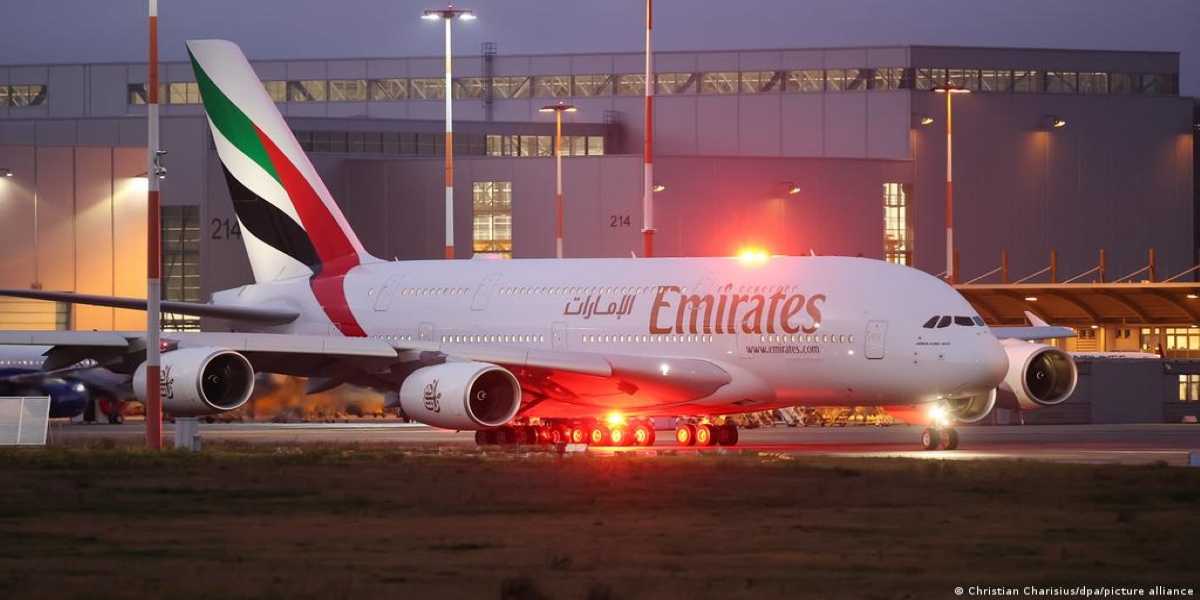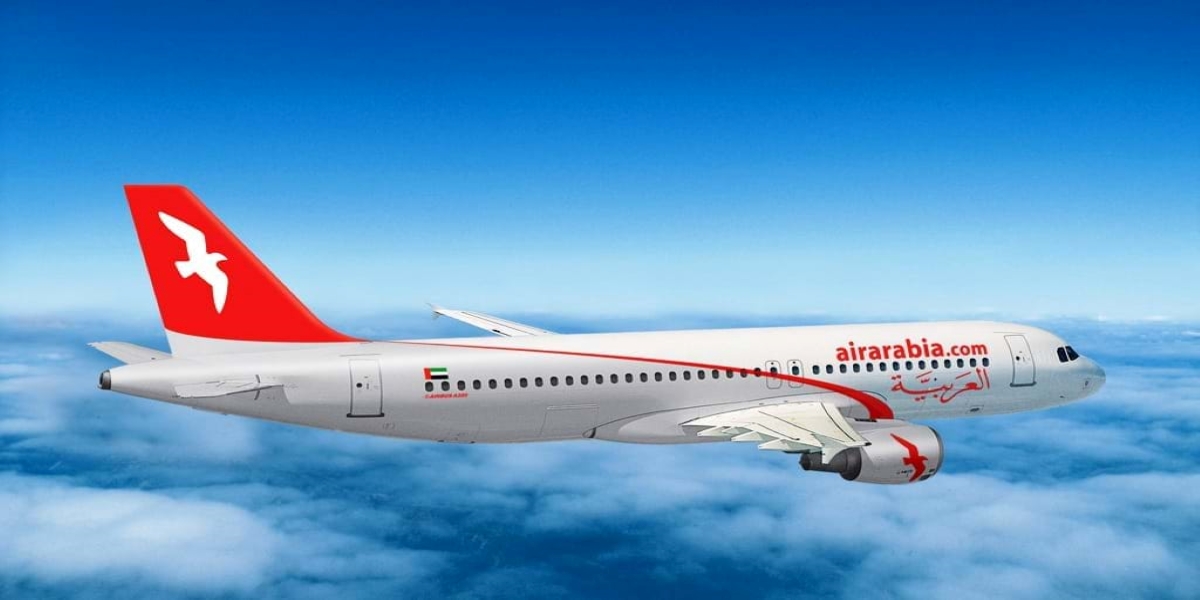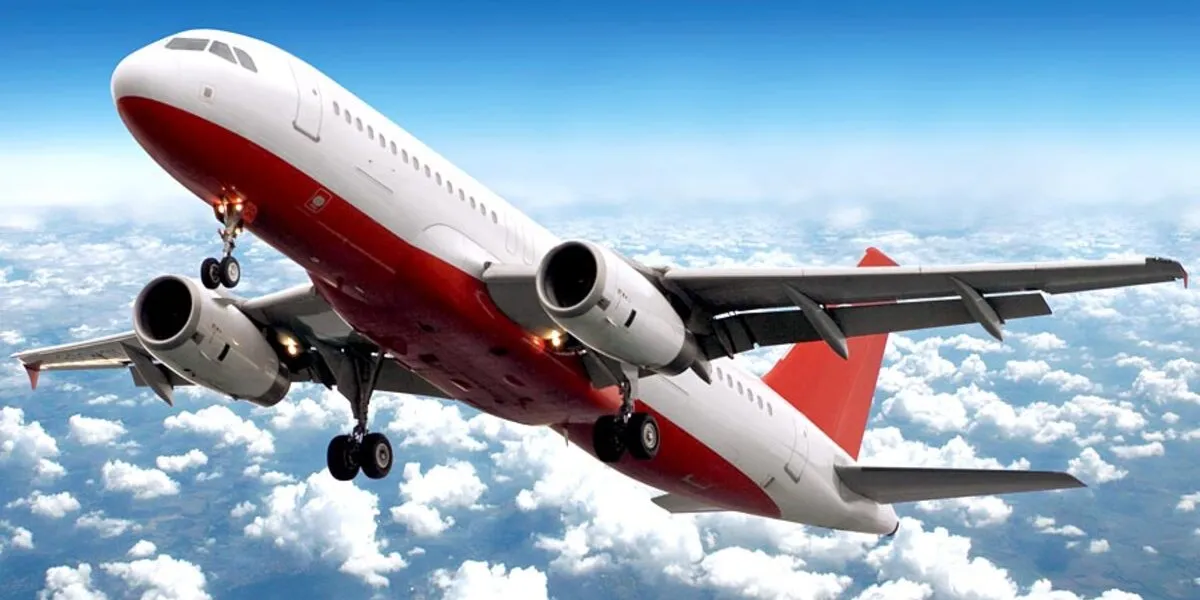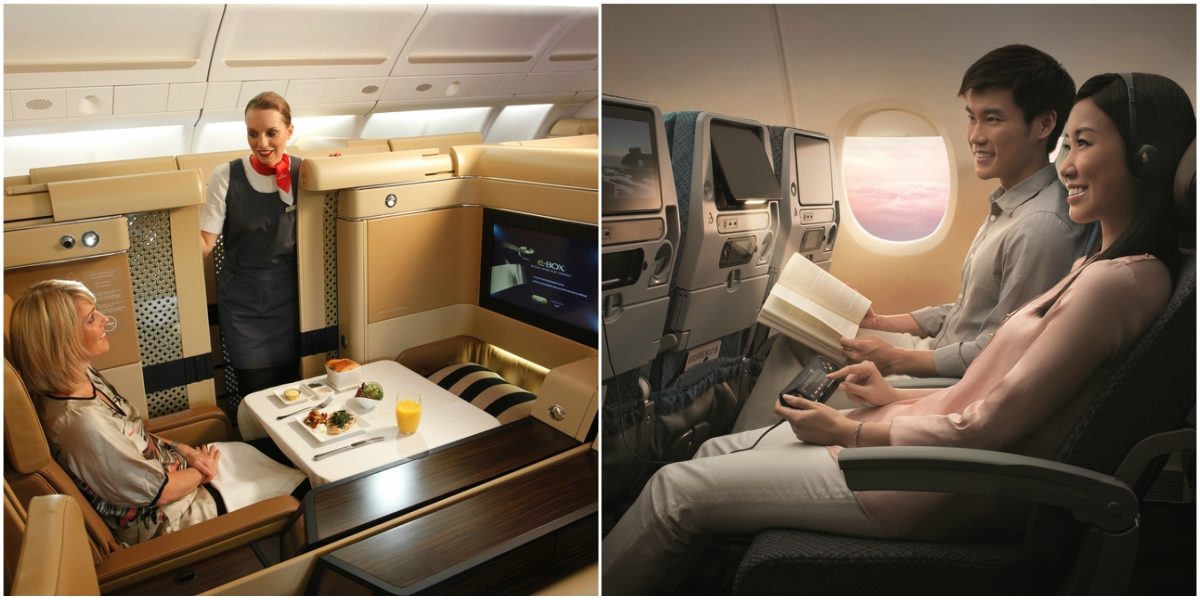Here are some interesting/useful facts about Marriott International, the parent company of all JW Marriott hotels and the world’s largest hotel chain. Marriott International is a market leader and a formidable competitor in a wide range of businesses, including hotels and motels, food service, facility management, retirement communities, and vacation interval ownership or time-shares. In the mid-1990s, the Marriott family, the firm’s founders, owned a 21% stake in the corporation. Marriott’s main business is hotels and motels. It owns around 1,500 properties (over 205,000 rooms) in the United States and abroad. In 1997, revenue from room rents and food and beverage sales at these hotels accounted for around 64 percent of the company’s overall revenue, with the remaining 36 percent coming from contract management services. Marriott Hotels & Resorts in the luxury class (together with Ritz-Carlton, which is partially owned by Marriott) to the moderately priced Courtyard and the economical Fairfield Inn. Residence Inn and Marriott Executive Residences (both established in 1997) were created to accommodate longer stays than a typical motel.
Marriott International is also the biggest provider of institutional dining services in North America. The company sells food services and related facility management services (housekeeping, laundry, etc.) to businesses, schools, and hospitals. It is also a pioneer in the developing field of assisted living facilities and geriatric health care, thanks in part to its $605 million acquisition of the Forum Group in early 1996. Marriott Vacation Club International, which sells fractional ownership in resort condominiums, is another key division of Marriott. Marriott Golf, a subsidiary, administers golf facilities. Marriott also operates 30 conference facilities in the United States for institutions and corporations.
PRODUCTS
Marriott offers three types of services. It is most recognized for its lodgings, which it offers through a wide range of hotels, motels, and resort buildings. Marriott and the recently acquired Ritz-Carlton cater to an upscale market, whilst Courtyard caters to business travelers, Fairfield Inns to economic consumers, and Residence Inns to guests staying for a prolonged period of time. In addition to hotels and motels, Marriott operates resorts in which clients can purchase partial ownership through Vacation Club International.
- Marriott Group is the world’s largest hotel chain, with over 6500 properties and 1.2 million rooms spread over 127 countries.
- The Marriott company just passed the 100-hotel mark in India with the opening of the Sheraton Grande in Bengaluru a few months ago. At the time of writing, its website listed 111 hotels in India—an extremely rapid increase. After the United States and China, India is the third country in the world where Marriott owns 100 or more hotels.
- In India, Marriott Group is only a few hotels behind Taj Group- but they already have the most rooms on the offer of any hotel chain in India (Marriott has 23000 rooms vs Taj Group’s 17000 in India), and Marriott is poised to overtake Taj Group very soon in terms of revenue.
- Marriott was the first hotel chain in the world to provide online hotel room reservations.
- Did you know that Marriott purchased the Starwood Hotel Group a few years ago? Most of the Starwood brands you may be acquainted with, such as Aloft, are now owned by Marriott. Starwood’s and SPG’s loyalty programs have now merged.
- While practically all hotels require you to stop at reception to make a copy of your passport, collect payment/security deposit, and so on, Marriott allows their guests to proceed directly to their room and rest. Formalities are performed a bit later, which is a huge comfort for individuals who have been exhausted by a long flight or a full day at work.
- Similar to how Uber does not own cars, the Marriott Group operates on a light asset ownership model—most facilities are operated on a franchise model owned and operated by individual business owners while adhering to Marriott’s branding and quality criteria.
- Globally significant hotel chains are making every effort to encourage people to book directly through their website rather than through third-party services such as Booking.com or Expedia. This saves the hotel a significant amount of money that would otherwise be paid as a commission to these sites (could be as high as 15-20 percent in some cases). Marriott and SPG (Starwood Preferred Guest) rewards programs are extremely popular and rewarding. As a result, you may find a better offer on the official websites than on alternative sites; check before booking. Low-cost airlines have had great success in this area since they have a loyal customer base that books directly on the airline’s website rather than through an OTA. Some airlines operate only on the “own website” approach, not even offering their flights on other websites GDS (Global Distribution System).
- The luxury hotel industry is impacted by a substantial 28 percent GST as well as over 60 different licenses required to operate a hotel. Relaxing taxes or simplifying the permit process will help the industry. Resort & Spa, most countries’ tax rates are around 10-15%, and most countries have a one-window approval process.
- In a city known for its penchant for ambitious & unsurpassed luxury, JW Marriott international stands its ground by offering a spectrum of leisure & business facilities. Do you know of any such fun facts about the hotel?











